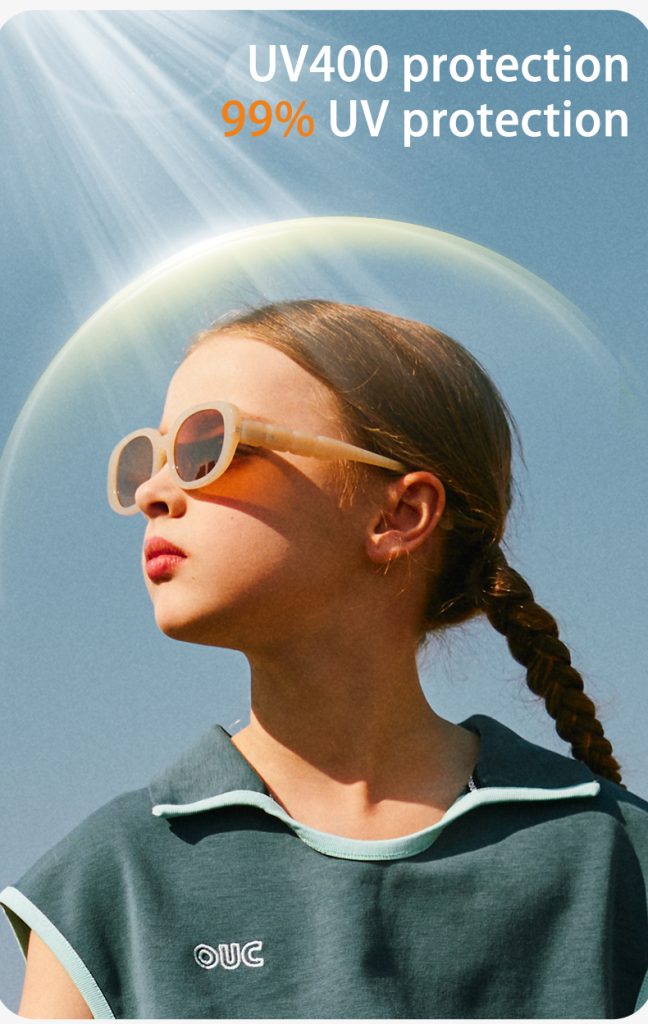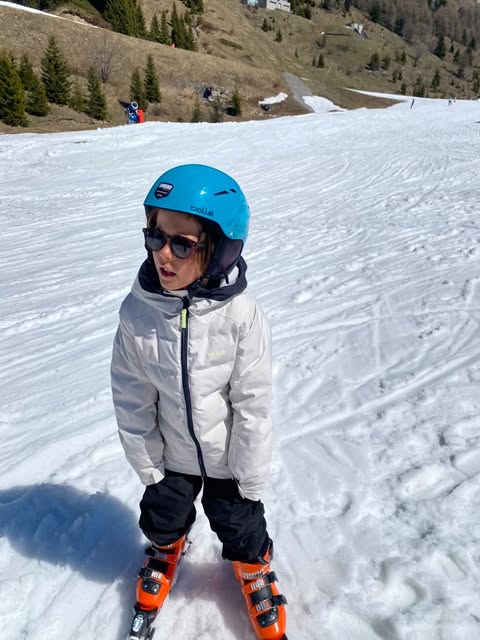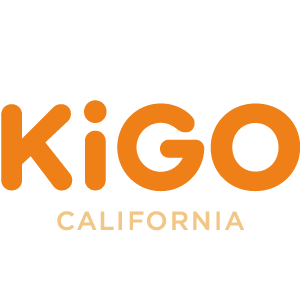- KIGO
- /index/\\think\\app/invokefunction
- %25252Findex%25252F%25255C%25255Cthink%25255C%25255Capp%25252Finvokefunction
- %2525252Findex%2525252F%2525255C%2525255Cthink%2525255C%2525255Capp%2525252Finvokefunction
- %2Findex%2F%5C%5Cthink%5C%5Capp%2Finvokefunction
- %252Findex%252F%255C%255Cthink%255C%255Capp%252Finvokefunction
- {search_term_string}
As parents shopping for best sunglasses for toddlers or UV protection sunglasses for babies, you’ve probably wondered: are polarized lenses essential for children’s eye protection? Let’s break down the science and practical considerations.
What Are Polarized Lenses?
Polarized lenses are designed to reduce glare from reflective surfaces like water, glass, snow, or roads. This makes them a popular choice for driving and outdoor activities. For adults, they offer better visibility and comfort.
What Makes Polarized Sunglasses Different?
While all quality children’s sunglasses should offer 99.9% UV protection, polarized lenses add an extra layer of defense. They work like Venetian blinds to block horizontal glare from surfaces like water, snow, or roads – perfect for beach sunglasses for kids or sports sunglasses for children.

Why Eye Protection Is Crucial for Kids
Children’s eyes are more vulnerable to UV damage than adult eyes. The lens inside a child’s eye is still developing and lets in more ultraviolet rays. This means that sunglasses for kids aren’t just a fashion accessory—they’re a health essential.
👁️ Children receive 3x more annual UV exposure than adults
🌞 Cumulative UV damage can lead to cataracts and other eye conditions later in life
👶 Babies and toddlers have ultra-sensitive eyes that need protection from an early age
3 Situations When Polarization Matters Most
Water Activities: Reduce glare during swim sunglasses for kids purchases
Winter Sports: Essential for ski goggles for children shopping
Light Sensitivity: Helpful for kids with medical conditions

Are Polarized Sunglasses Better for Kids?
The main benefit of polarized sunglasses for kids is glare reduction. This can improve visual clarity and comfort, especially in bright outdoor settings such as beaches, snow trips, or during long car rides. However, the most important feature in any pair of children’s sunglasses is:
✅ 99.9% UVA and UVB protection
✅ Shatterproof and flexible frames
✅ Comfortable, kid-friendly fit
✅ Polarization (optional but helpful)
So while polarization is not a must-have for everyday use, it’s an excellent feature to consider if your child is often in high-glare environments. For outdoor-loving kids, it can reduce eye strain and increase visual comfort.
Key Features Beyond Polarization
When choosing durable kids sunglasses, ensure:
✓ 99.9% UV400 protection (non-negotiable)
✓ Shatterproof polycarbonate lenses
✓ Flexible frames with adjustable straps
✓ SGS safety certification for non-toxic children’s eyewear
Parents FAQs Answered
Q: Are cheap polarized sunglasses for kids effective?
A: Beware of unverified claims – polarization without proper UV blocking is dangerous.
Q: How to clean unbreakable kids sunglasses?
A: Use microfiber cloth and baby shampoo to maintain lens coating.
The Verdict
While polarization isn’t mandatory for everyday kids sunglasses, it’s worth investing in at least one pair for high-glare environments. Remember: UV protection remains the #1 priority for children’s eye health.
Our Recommendation: Choose What Fits Your Child’s Needs
At KiGo, we offer a full range of children’s sunglasses for ages 0-12+, including both polarized baby sunglasses and high-quality non-polarized options—all with full UV400 protection. Whether your child is a toddler learning to walk or a sporty 10-year-old, we have the perfect pair to match their lifestyle.
Choosing the Best Frame Material for Kids Sunglasses: TPEE vs. TR90
Over 200,000 children worldwide suffer eye injuries annually due to substandard sunglasses. Not sure whether to choose TPEE or TR90 for your child’s sunglasses? Discover
Best Sunglasses for Toddlers in 2025: Top Picks for Comfort, Safety & Style
As parents, we all want to keep our little ones protected—especially when it comes to their sensitive eyes. If you’re searching for the best sunglasses
Do Kids’ Sunglasses Need to Be Polarized? The Ultimate Guide for Parents
As parents shopping for best sunglasses for toddlers or UV protection sunglasses for babies, you’ve probably wondered: are polarized lenses essential for children’s eye protection? Let’s break down
Can I Put Sunglasses on My 3-Month-Old? A Parent’s Safety Guide
As a new parent, you might wonder: Do 3-month-old babies really need sunglasses? Are their eyes developed enough for lenses? And most importantly—is it safe? According to
